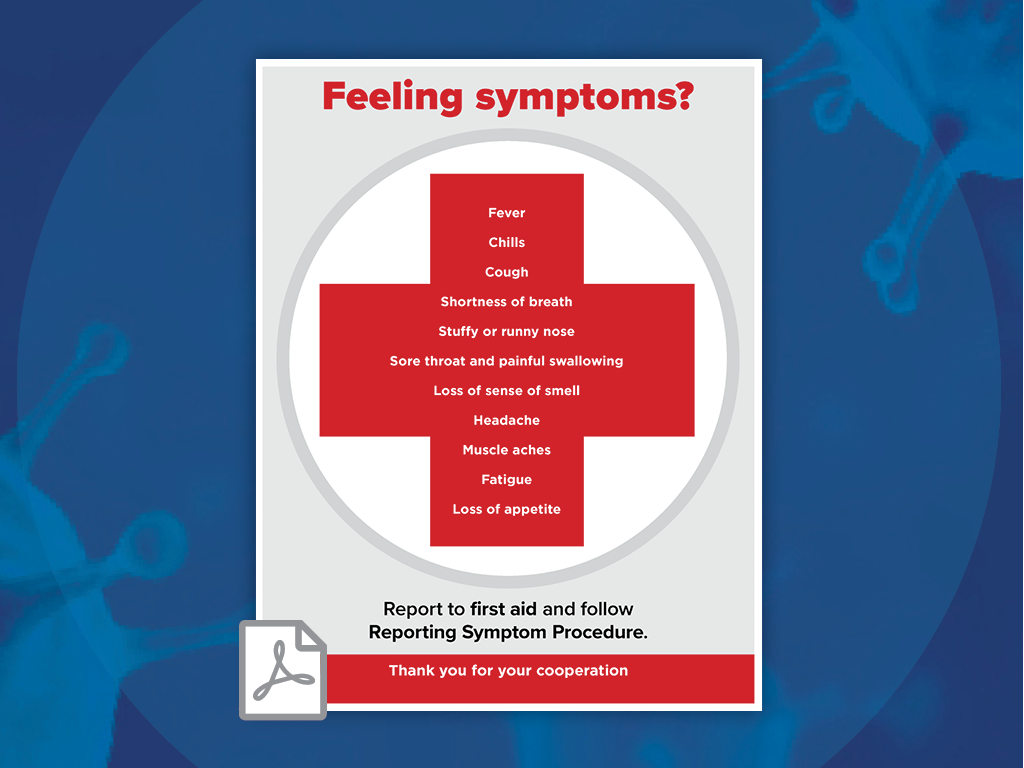

Low levels of iron-rich hemoglobin in your red blood cells mean the cells can’t transport enough oxygen throughout the body. Anemia: Anemia is a low red blood cell count.You may have repeated episodes of dizziness. Anxiety disorders: Dizziness may be related to anxiety with no other physical causes.Learn more about the relationship between dehydration and blood pressure. It can cause dizziness, fatigue, and low blood pressure. Decrease in blood volume: Low blood volume can result from bleeding or dehydration.The condition may make you feel dizzy, thirsty, and weak. Heat exhaustion: If you’re in a hot environment and sweating excessively, you’re likely experiencing heat exhaustion.It can also lead to dehydration and heat exhaustion, which can both cause dizziness. Excessive exercise: Overexerting yourself may make you feel dizzy or lightheaded.Circulation problems: Cardiomyopathy, heart attack, and other heart conditions can result in circulation problems, where your heart is unable to pump enough blood.It can cause dizziness, lightheadedness, or shortness of breath. Arrhythmia: Arrhythmia occurs when the heart beats at an atypical pace.They occur if there’s not enough blood reaching your brain. Heart attack: While chest pain is the most common indicator of a heart attack, dizziness or lightheadedness can also be symptoms.Symptoms can include dizziness, fainting, and trouble breathing. Cardiomyopathy: In this condition, the heart muscles become rigid and weak and pump less blood.It can lead to dizziness and falling, especially in older adults. Sudden drop in blood pressure: Sudden low blood pressure may be caused by various medical conditions or even from standing up ( orthostatic hypotension).Some other potential causes of dizziness include:

These problems include hearing loss.ĭizziness may be linked to certain medications, too, including: Other common causes of dizziness include a migraine attack or alcohol.ĭizziness can also result from a problem in the inner ear, which is the area that senses movement and regulates balance. Symptoms of dehydration include thirst and dry skin. Losing too much fluid can result in dehydration, one of the most common causes of dizziness. This noncancerous tumor forms on the vestibulocochlear nerve (auditory nerve), which connects the inner ear to the brain. This condition causes fluid to build up in the ear with associated ear fullness, hearing loss, and tinnitus.Īnother possible cause of dizziness and vertigo is an acoustic neuroma. BPV leads to short-term dizziness when someone changes positions quickly, such as sitting up in bed after lying down.ĭizziness and vertigo can also be triggered by Meniere’s disease. It may also feel like motion sickness or as if you’re leaning to one side.ĭisequilibrium is a loss of balance or equilibrium.Ī common cause of vertigo and vertigo-related dizziness is benign positional vertigo (BPV). Vertigo is characterized by a spinning sensation, like the room is moving. Vertigo and disequilibrium may both cause a feeling of dizziness, but these two terms describe distinct sensations. True dizziness is the feeling of lightheadedness or nearly fainting. Dizziness has a variety of possible causes.


 0 kommentar(er)
0 kommentar(er)
